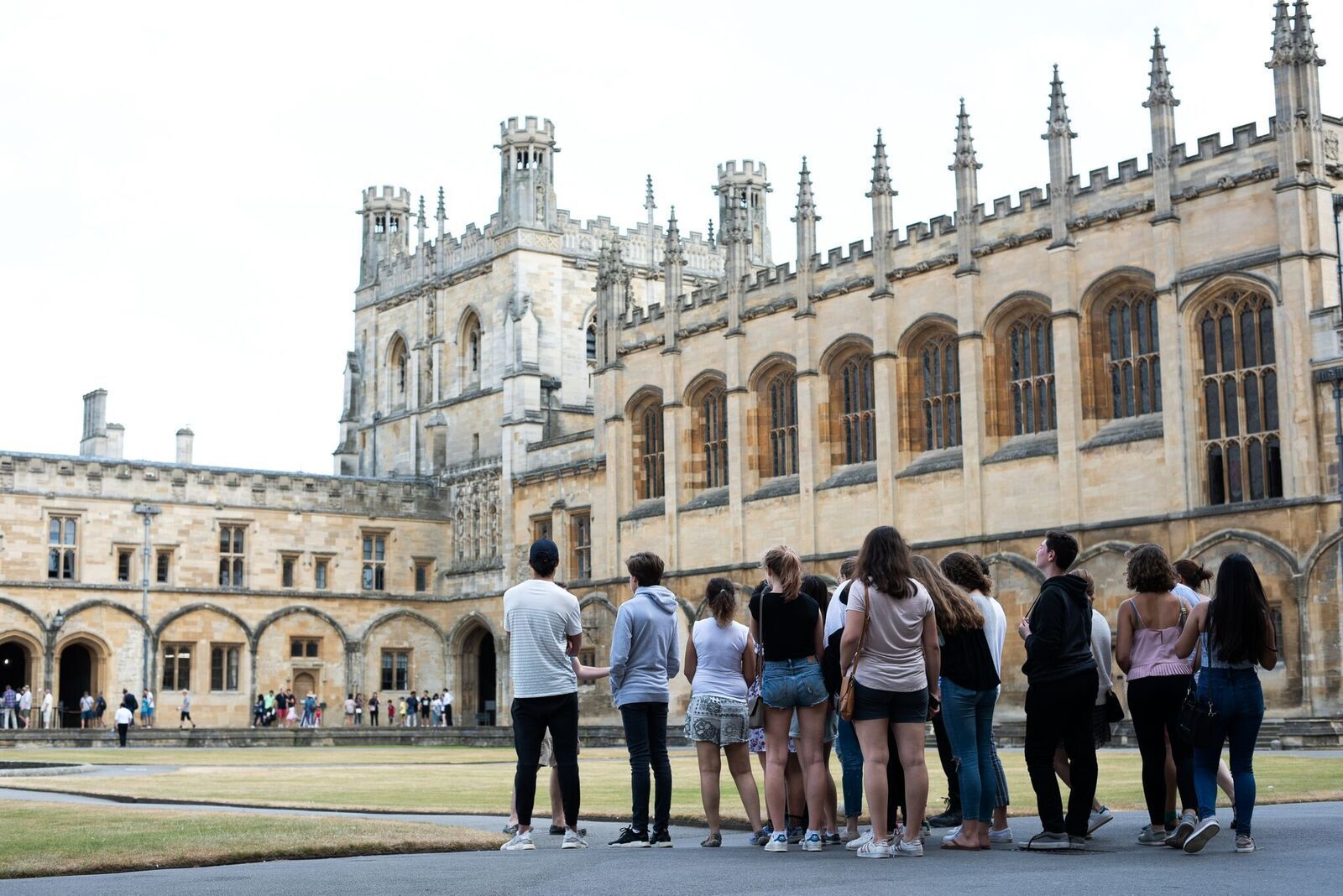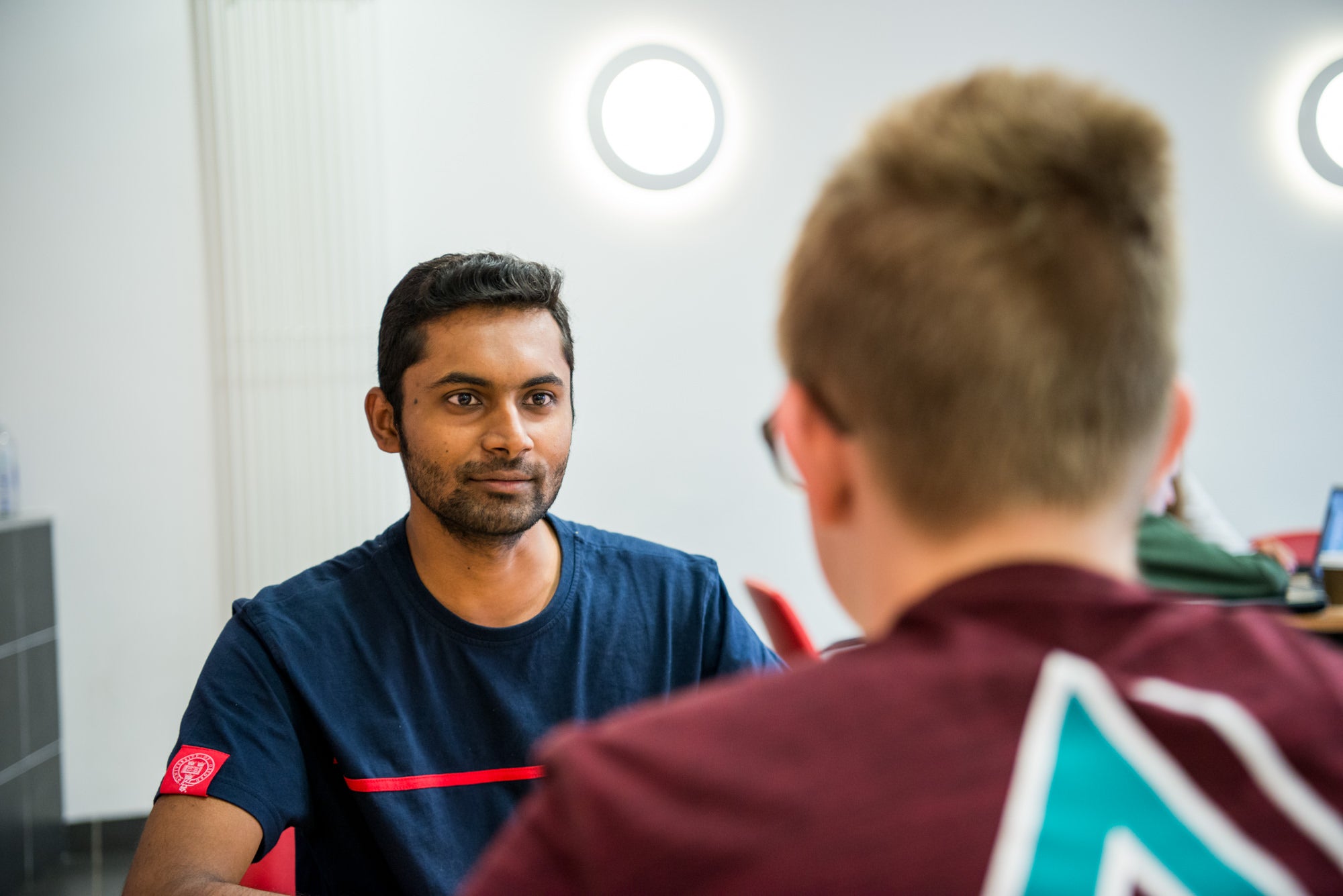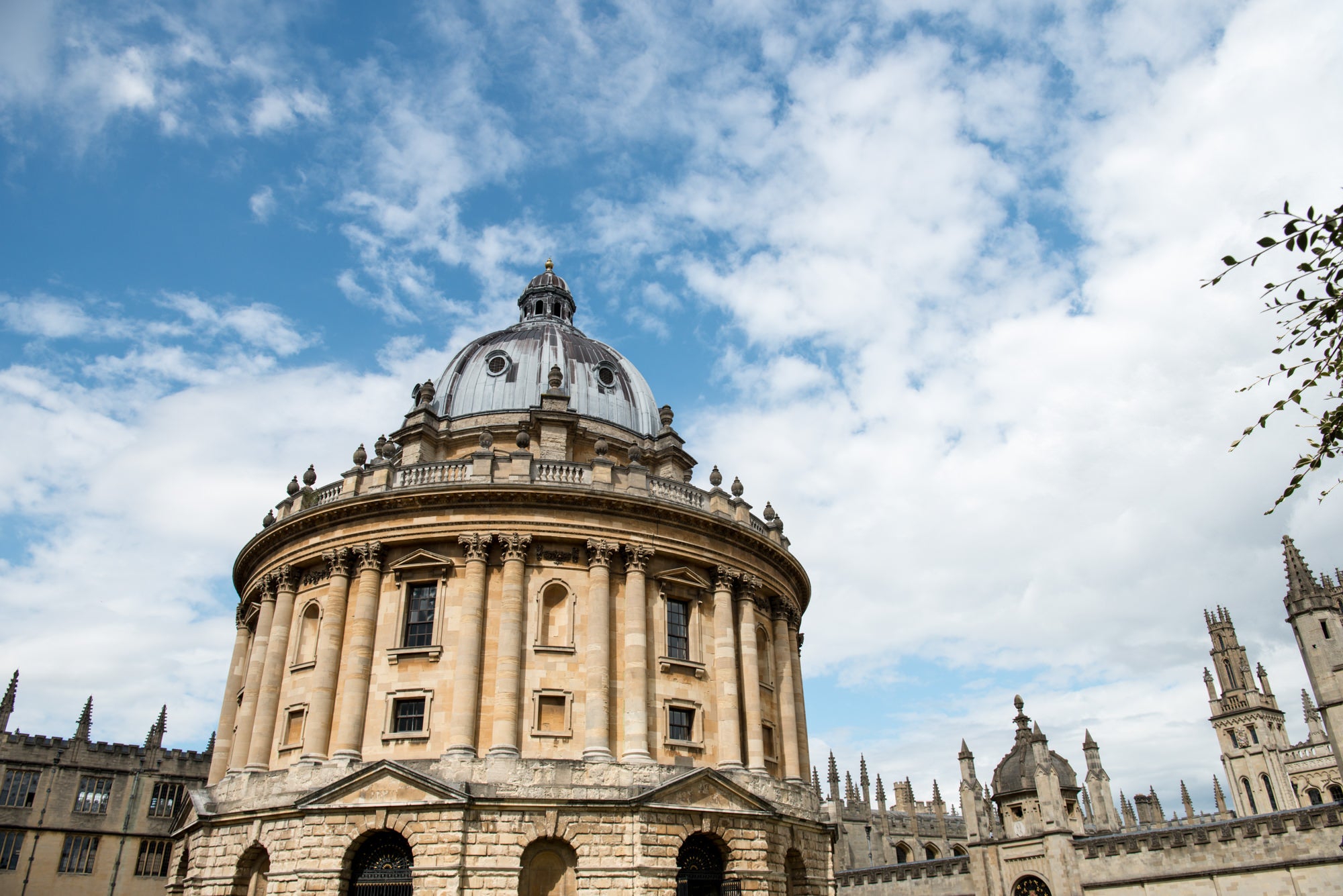Your Oxbridge application journey
17th July 2019
Applying to Oxbridge - let alone university - can seem like a daunting process and you might be worrying about where to start. Here we provide a step-by-step process to help you plan your application and submit everything on time, while giving you the best chance of success.

1. Choosing a course
If you’re unsure about what you wish to study at university, you should read about the courses on offer at both Oxford and Cambridge. Some courses are offered at Oxford, but not Cambridge, and vice versa, so it’s important to check. Equally, the courses offered at both institutions for the same subject often differ, so it’s important to check which course you are more interested in studying. This will likely impact on which university you choose to apply to. You can read our course guides here.
Make sure you read the entry requirements on the relevant course pages to make sure you have the right qualifications. For example, you might need to be studying or have studied certain subjects at A-Level or equivalent and either have received or be on track to receive an A or A* in them, in order to be eligible to apply for a certain course.
2. GO A UNIVERSITY OPEN DAY
Attending an open day is a chance to visit the university, look around some of the colleges to get a better sense of which one you would like to study at, and often talk to tutors who teach the subject/s you are thinking about applying for. It’s also a great opportunity to chat to current students and ask them questions about studying there.
Check out the 2019 Open Day dates for Cambridge University and Oxford University.
You might be taken away by one of the colleges, or you might not be, and that’s ok. If you can't decide on a college, you can always make an open application to the university where the university admissions office allocates you to one of the colleges.

3. Complete your UCAS application
Once you have decided on which course you are applying for, you should begin drafting your personal statement. Your personal statement should demonstrate why you are applying for your chosen course and how you have demonstrated your interest in pursuing it at undergraduate level. Many students will do some wider reading over the summer so they can write about this in their personal statement, and perhaps draw on some of the topics they have particularly enjoyed studying at school as part of their A-Level or equivalent studies.
You should aim to write several drafts of your personal statement and get your teacher to review these before submitting your UCAS application. Your teacher will also be able to arrange academic references to go along with your application. Once you have recorded your qualifications and grades, and other personal information, and you are happy with your personal statement, you should submit your application by 6pm on the 15th October 2019. This is earlier than most other universities.

4. Prepare to sit your admissions test(s)
Most courses at both Oxford and Cambridge will require you to sit an admissions test or tests. You should confirm which test(s) you need to take, find out how best to prepare and find a test centre – this normally means checking your school will be running the test. You can find out what test you will need to take before interviews for Oxford here and for Cambridge here. Note that some of the tests for admission to Cambridge are taken at interview.
Tests normally take place before interviews on the 30th October, but check the university website for exact test dates for your course. You should make sure you are registered by 15th October.
We have more guidance on the admissions tests, and provide two online preparation courses for students sitting the TSA and BMAT.
5. Submit any required written work
Most Arts and Humanities subjects will ask you to submit 2 examples of your written work to form part of your application. If you are required to send these, you should select 2 essays you have written for normal school assignments with your teacher’s comments on them that you feel best demonstrate your writing skills. These should be submitted for Oxford by 10th November. For applications to Cambridge, you should check if your college requires this in the relevant course information.
6. Attend your interviews
If you are shortlisted for interviews, you will have to go to Oxford or Cambridge to sit these. These take place between the 1st and 20th of December, depending on your subject. If you apply to Oxford, you will normally be expected to stay in the college you applied to for 2 days, where accommodation and food is provided. For those taking interviews at Cambridge, these are normally in 1 day and you do not stay overnight.
There is a lot of information about what you can expect on the Oxford University website here and in our recent piece busting myths about the Oxbridge interview. We offer practice Oxbridge interview sessions with Oxbridge graduates to help you prepare for these.


7. Find out if you have an offer
You will be informed if you have received an offer in January 2020. If you still haven’t sat your A-Levels or equivalent, this will be a conditional offer, which means you are being offered a place provided that you get the minimum grades set out in their conditions, for example AAA.
If you receive an unconditional offer, then your place is confirmed as you already have grades meeting the requirements.
8. Sit your exams and receive your results
If you have a conditional offer, you will need to focus on doing well in your final exams and wait to receive your results before your place is confirmed. If you meet the conditions of your offer, your place will be guaranteed!
